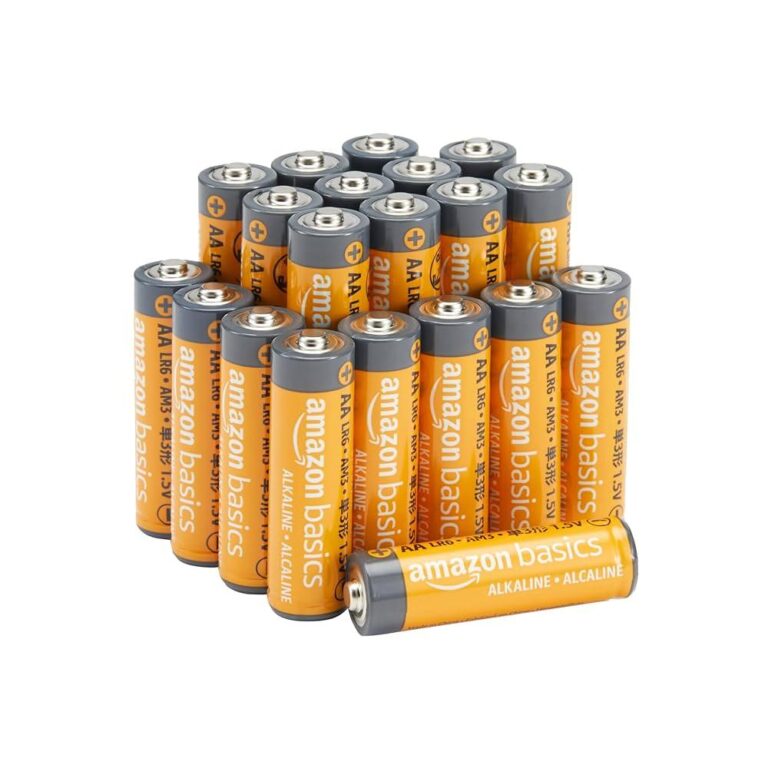Fluence has secured a contract to install a 92 MW battery energy storage system for Austrian utility Verbund in Germany, marking a significant step in the country’s push toward renewable energy integration. The project underscores the growing demand for large-scale energy storage solutions to balance intermittent generation from wind and solar sources. As Europe accelerates its transition to cleaner energy, this installation is set to enhance grid stability and support Verbund’s ambitious sustainability goals.
Fluence Secures Major Battery Storage Contract with Verbund in Germany
Fluence Energy has been awarded a significant contract to deploy 92 MW of advanced battery energy storage systems across multiple sites in Germany, partnering with Austrian utility giant Verbund. This strategic collaboration marks one of the largest battery storage deployments in the country, aimed at boosting grid stability, enhancing renewable integration, and supporting Germany’s energy transition goals.
The battery systems will deliver fast-response frequency regulation and load shifting capabilities, allowing for better management of intermittent renewable energy sources, such as wind and solar. Key features of the project include:
- High-capacity lithium-ion battery packs optimized for long-duration cycling
- Advanced AI-driven energy management software to optimize performance
- Modular design enabling scalable future expansions
- Integration with existing grid infrastructure for peak shaving and grid balancing
| Parameter | Specification |
|---|---|
| Total Capacity | 92 MW |
| Location | Multiple sites, Germany |
| Technology | Lithium-ion batteries |
| Primary Use | Frequency regulation & load shifting |
| Project Timeline | Completion by late 2025 |
Project Expected to Enhance Grid Stability and Renewable Integration
Fluence’s upcoming installation of a 92 MW battery energy storage system in Germany marks a significant step forward in bolstering the country’s energy infrastructure. This strategic deployment aims to smooth the variability of renewable power sources such as wind and solar, ensuring a more balanced and reliable electricity supply. By acting as a buffer during periods of fluctuating generation, the battery system will enable grid operators to better manage peak demand and maintain frequency stability across critical nodes.
The project also aligns with Germany’s ambitious renewable integration goals, facilitating a higher share of clean energy without compromising grid security. Key features of the installation include:
- Rapid response time: Enables swift energy discharge to counteract sudden supply dips.
- Scalability: Designed for potential capacity expansions alongside evolving grid needs.
- Advanced energy management system: Optimizes battery usage for maximum efficiency and lifespan.
These capabilities position the battery installation as a cornerstone in modernizing the grid’s flexibility and resilience in the face of increasing renewable penetration.
| Feature | Specification | Benefit |
|---|---|---|
| Storage Capacity | 92 MW | Supports large-scale renewable output smoothing |
| Location | Germany | Strategic integration in high-demand regions |
| Response Time | < 1 second | Immediate grid frequency stabilization |
Industry Experts Recommend Accelerated Deployment of Energy Storage Solutions
Industry leaders stress the urgent need to fast-track energy storage deployment to strengthen grid resilience and accelerate the transition to renewable energy. With projects like Fluence’s 92 MW battery installation for Verbund in Germany serving as benchmark examples, experts highlight the role of large-scale battery systems in balancing supply fluctuations and enhancing grid stability. They emphasize that such initiatives not only support renewable integration but are also crucial in mitigating risks associated with energy shortages and price volatility in competitive markets.
Key recommendations from specialists include:
- Streamlining regulatory frameworks to reduce deployment timelines
- Incentivizing investments through subsidies and tax benefits
- Promoting public-private partnerships to leverage expertise and capital
- Fostering innovation in battery technologies for longer lifespan and cost efficiency
These strategies collectively aim to accelerate the adoption of energy storage at a scale necessary to meet ambitious decarbonization goals globally.
| Benefit | Impact | Example |
|---|---|---|
| Grid Stability | High | Verbund 92 MW project |
| Renewable Integration | Critical | Wind & Solar storage |
| Cost Reduction | Medium | Battery lifecycle improvements |
In Conclusion
As Fluence moves forward with the installation of 92 MW of battery storage for Verbund in Germany, the project underscores the accelerating shift towards integrating renewable energy with advanced storage solutions. This collaboration not only enhances grid stability but also supports Germany’s broader goals for a cleaner, more resilient energy future. Industry observers will be watching closely as the deployment progresses, marking another significant milestone in the ongoing transition to sustainable power systems.




